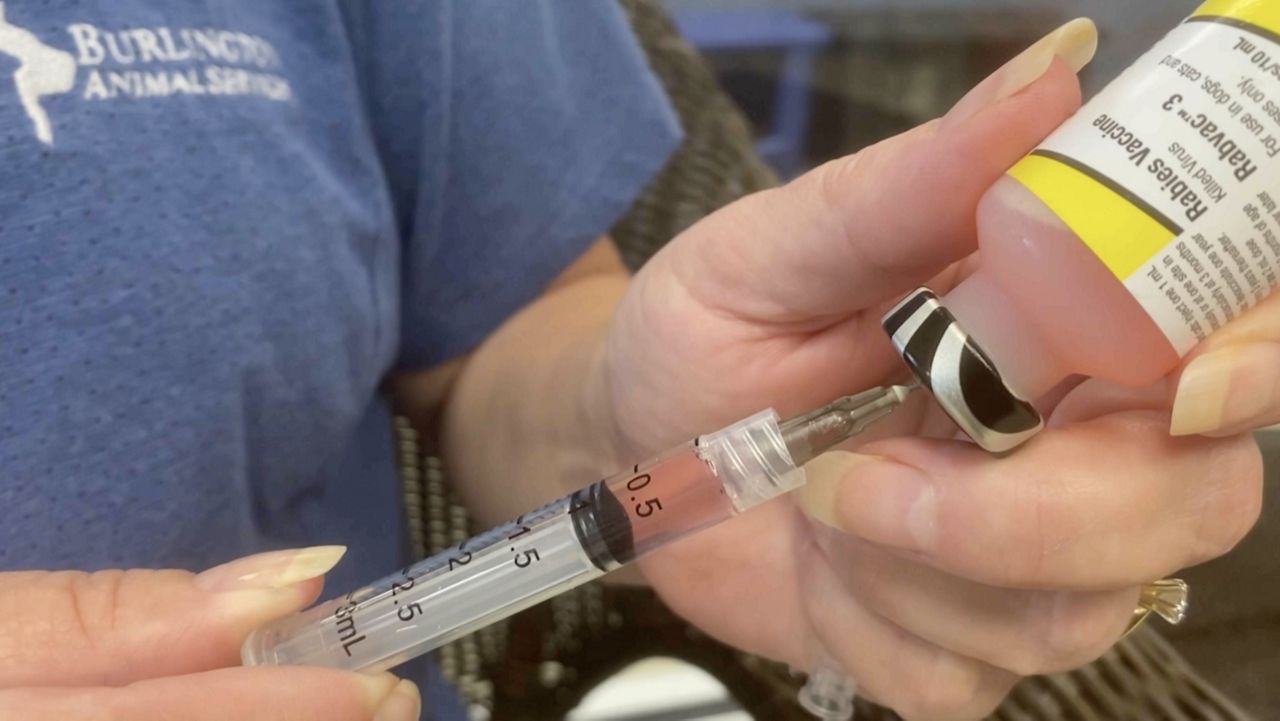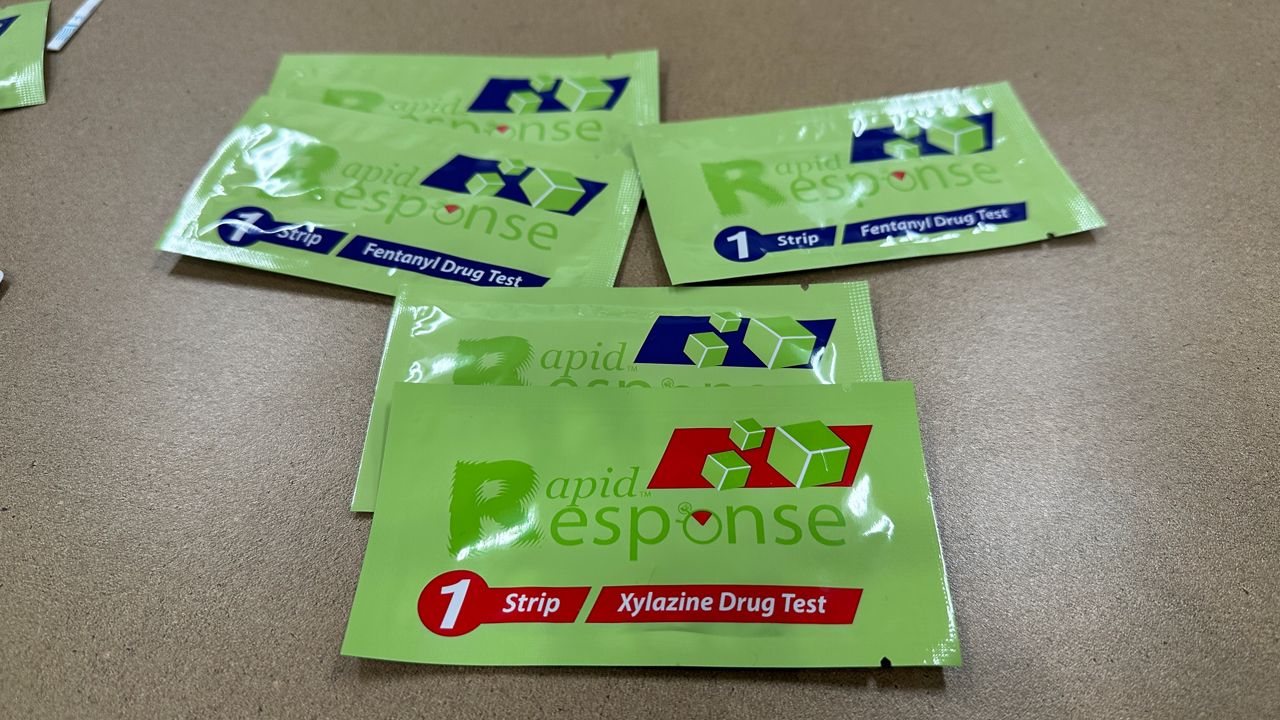OHIO — Attorney General Dave Yost said more than $1.2 million in grant funding is going to eight Ohio counties to help provide addiction treatment for jail inmates.
The funding comes from opioid settlement money, and Yost's office is offering $60 million of that toward reducing fatal overdoses in the state's jails.
Yost's office cites a recent USA Today report, where it was uncovered that over the past four years 219 inmates have died behind bars. In Ohio, opioid/substance abuse was the second leading cause of death. At least 70 of the deaths were attributed to substance abuse.
“The opioid crisis thrust county jails into the role of de facto addiction-treatment facilities, placing an unfunded burden on Ohio’s sheriffs,” Yost said in a news release. “These grants will provide relief to our jails as they manage the added responsibility of treating substance abuse. I’m grateful to every sheriff and deputy in Ohio, as they have adapted admirably to the evolving challenges of drug addiction.”
Through the Opioid Remediation Grant Program, county jails can receive up to $200,000 per year to hire a full-time addiction-services coordinator or a contractor providing similar services. Any county that operates a jail can apply for a $50,000 grant for medications and supplies to help inmates experiencing opioid withdrawal.
The eight counties in this first round, and their grant awards, are:
- Ashland: $114,788
- Erie: $177,516
- Medina: $50,000
- Richland: $250,000
- Summit: $187,200
- Trumbull: $250,000
- Washington: $144,470
- Wyandot: $95,252
In Erie County, Sheriff Paul Sigsworth said the money will go toward collaboration efforts with Bayshore Counseling Services in Sandusky to combat addiction behind bars.
“Many of those who are incarcerated have substance-abuse issues,” Sigsworth said in a news release. “Those who are able to overcome their addiction issues with the assistance of treatment services funded by this grant will – hopefully – not commit future criminal offenses.”
Ashland County Sheriff Kurt Schneider said the grant funding will help inmates develop long-term paths to recovery.
“All too often, our inmates are left standing at the exit doors wondering how, where and when they will continue getting help, and now we can assist them by coordinating a plan prior to their release from jail,” Schneider said in a news release. “My hope is that each of them will continue seeking assistance in their recovery after their release to better their lives and avoid future run-ins with the law.”
Counties can apply for 2025 grants through Dec. 1, 2025. To fill out a form, click here.












